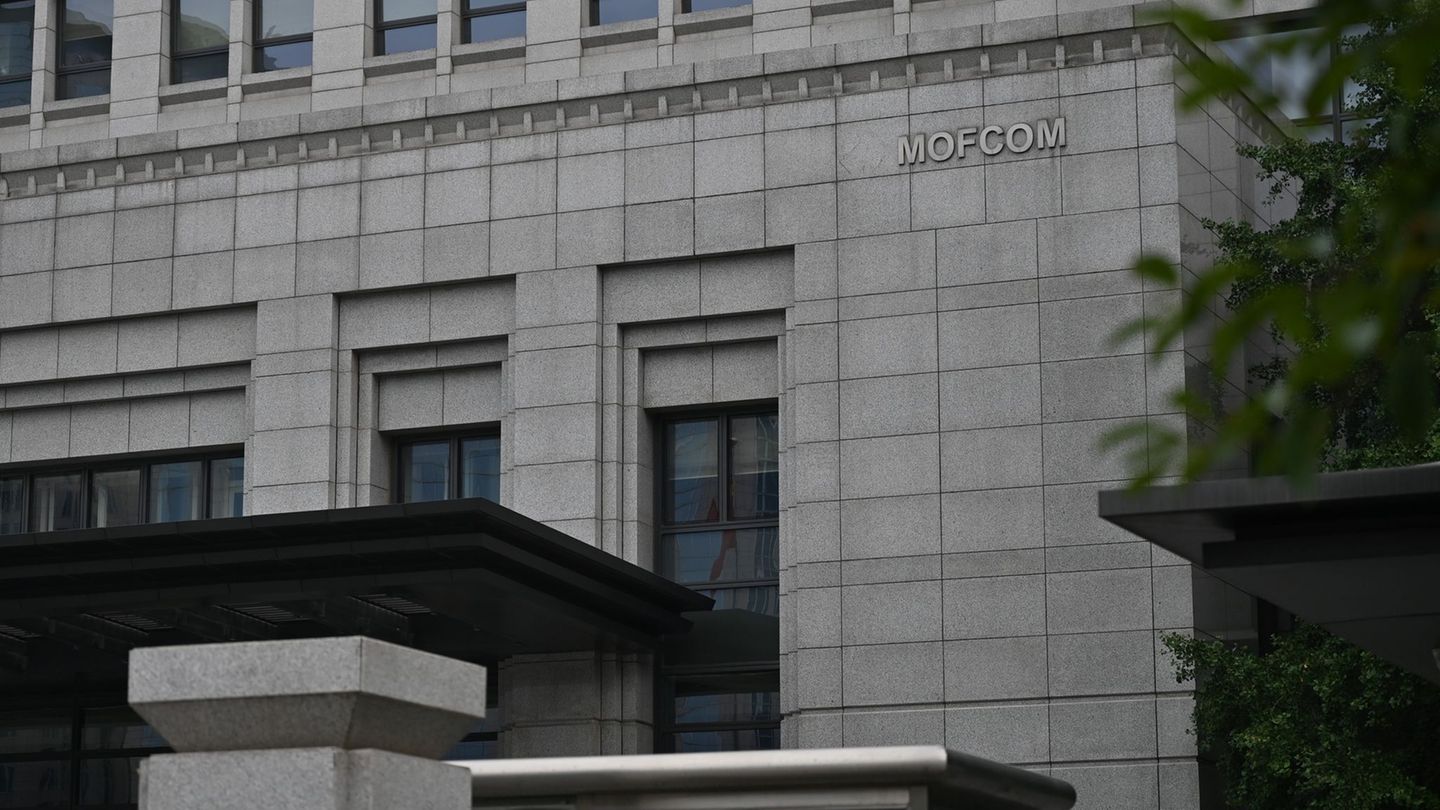In the future, DHL will collect money for the signature when the parcel is received – however, this does not apply to all of the logistics company’s customers.
Everyone knows it: The DHL messenger brings a package, you sign clumsily with your finger on the touchpad when you accept it. So it is clear: the shipment was actually delivered to the correct recipient. If a package has got lost, it can be traced, if necessary, who accepted it instead. Practical. So far, this procedure was standard at DHL, as well as at many competing companies. But the company has been struggling with this for a long time.
For business customers, parcel delivery against signature was temporarily even completely abolished. It should be quicker and easier for the suppliers. But apparently this was not well received by the users: DHL realized that the handwritten signature was a “service” that business customers did not want to do without either.
DHL: Recipient’s signature becomes an “extra”
The proven system was reintroduced due to demand. Nevertheless, the parcel service provider apparently wants to compensate for the fact that its employees waste so much valuable time. That’s why the process, which was once free of charge, will cost the sender an extra 19 cents from July 1st. “If a customer needs the signature of the recipient in addition to the standard signature of the delivery person, then this is an additional effort in the delivery, which will be charged accordingly,” says DHL. As a rule, the company considers the signature of the courier as sufficient proof that a package was properly delivered.
Graphic design with a difference
From Kohl to Reagan – the fake stamps
However, the new regulation has so far only applied to large and business customers, not to private parcel recipients or senders. No changes are planned for the time being. However, consumer advocates have already voiced their fears that the price increase in the business customer area could be passed on to private customers in the long term.
Sources: ,
Source: Stern




